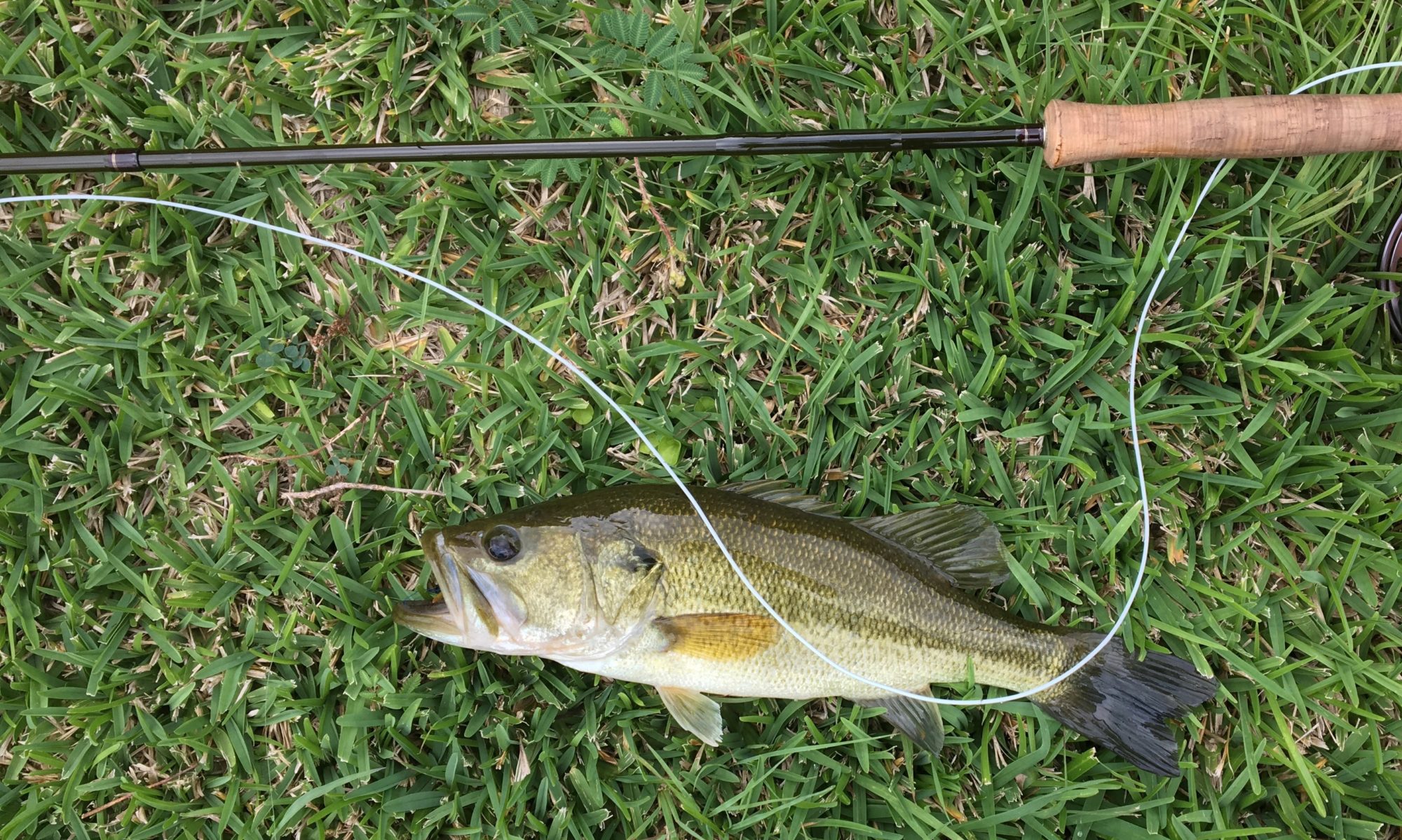To get ready to fly fish Florida, I need to do some reading. I’ve been preparing.
Possibly the best known authors from Florida are three women: Zora Neale Hurston, Marjorie Kinnan Rawlings, and Rita Mae Brown. I’ve read one novel by each (though I may long ago have also read a collection of folklore by Hurston). Hurston of course was an African American author whose most famous work,Their Eyes Were Watching God, was published in 1937. Rawlings was a white carpetbagger-author from Washington, D.C. who published The Yearling in 1938. Both novels were about rural hard-scrabble Florida and were published at the end of the Great Depression. Brown wrote a lot of mystery novels that involve a cat which I don’t think I’ve read, but is famous for Rubyfruit Jungle, a lesbian coming-of-age novel published in 1973. I probably read it in 1978 or so. I haven’t re-read it.

Their Eyes Were Watching God begins early in the 1900s in Eatonville, a black community north of Orlando. I guess it’s a coming-of-age novel, though the heroine Janey shoots right through the coming-of and lands on independent womanhood. It does take three husbands, one of whom she marries as a child and then abandons, one of whom she is happy to see die, and one of whom she shoots with a rifle when he gets rabies and tries to shoot her with a pistol. She liked the last one. There are a paucity of white folk, and a lot of rural black dialogue, but it’s an immensely likable novel, and important. I’m not really sure I remember how God comes into it, but being omnipresent he’s probably in the center of things.

The Yearling, published a year later, is set earlier, after the Civil War, but again a bit north of Orlando. It is also a coming of age novel, a dark coming of age novel about a boy who is forced to choose between his greatest friend, a yearling deer, and his family’s survival. The deer decides the corn crop is ready to hand and tasty. The Yearling probably qualifies as young adult fiction. There are the bad guys who burn houses but are always there to lend a hand, likable Pa who in the book is remarkably small but in the movie is miscast as Gregory Peck, the world-weary and no-nonsense Ma who is large and ugly but in the movie is miscast as Jane Wyman, and Jody the boy who almost kills himself getting to manhood. As young adult fiction it is extremely important, as adult fiction maybe not so much. It did win a Pulitzer, and it was my mother’s favorite novel–she was 21 the year it was published–and I suspect her childhood on a Texas dryland farm was closer to the childhood in The Yearling than it was to my childhood. I love the book.
In Finding Florida T.D. Allman lambasts Rawlings because there are no blacks in The Yearling, when a significant portion of Florida’s population was and is black, but it doesn’t seem that strange to me. InTheir Eyes Were Watching God, other than Janey’s birth story, there’s no significant white presence (though like God there may be some omnipresence). Among the rural Southern poor, there wasn’t always much cross-racial exchange. You might as well criticize Rawlings and Hurston for failing to include lesbians. I’m sure there were some lesbians in Florida, I don’t think lesbians were invented in 1973, but they wouldn’t have been particularly central to the lives of the characters in these novels. It is easy to forget how complete segregation was, and among poor whites there were no servants from which to wring a Driving Miss Daisy or The Help. It is perfectly likely that The Yearling’s Baxters on their isolated farm had as much interaction with African Americans as Rawlings portrayed. Maybe some more, but not so much as to be worth noticing, and the Baxter’s attitudes probably wouldn’t have made them more likable; maybe taught us something, but only as a sideshow.

As for Rubyfruit Jungle, I don’t remember much about it. The heroine was a young woman who always knew she was a lesbian and grew into it and out into the world. It was the novel of the age when it was published, rich with feminist principal and sexual liberation, but for me at least its age has probably come and gone. Maybe not, but I suspect it’s past its shelf life. When I read it originally I’m not sure I got the reference in the title, I was far more familiar with ruby red grapefruit, Texas’ finest, than other forms of ruby fruit, but I’ve always been a bit slow. It is more parochial than the other two novels. I suspect that many lesbians would say it’s more personal than the other two novels.
I don’t believe there’s a mandate that Florida authoresses have three-part names.




